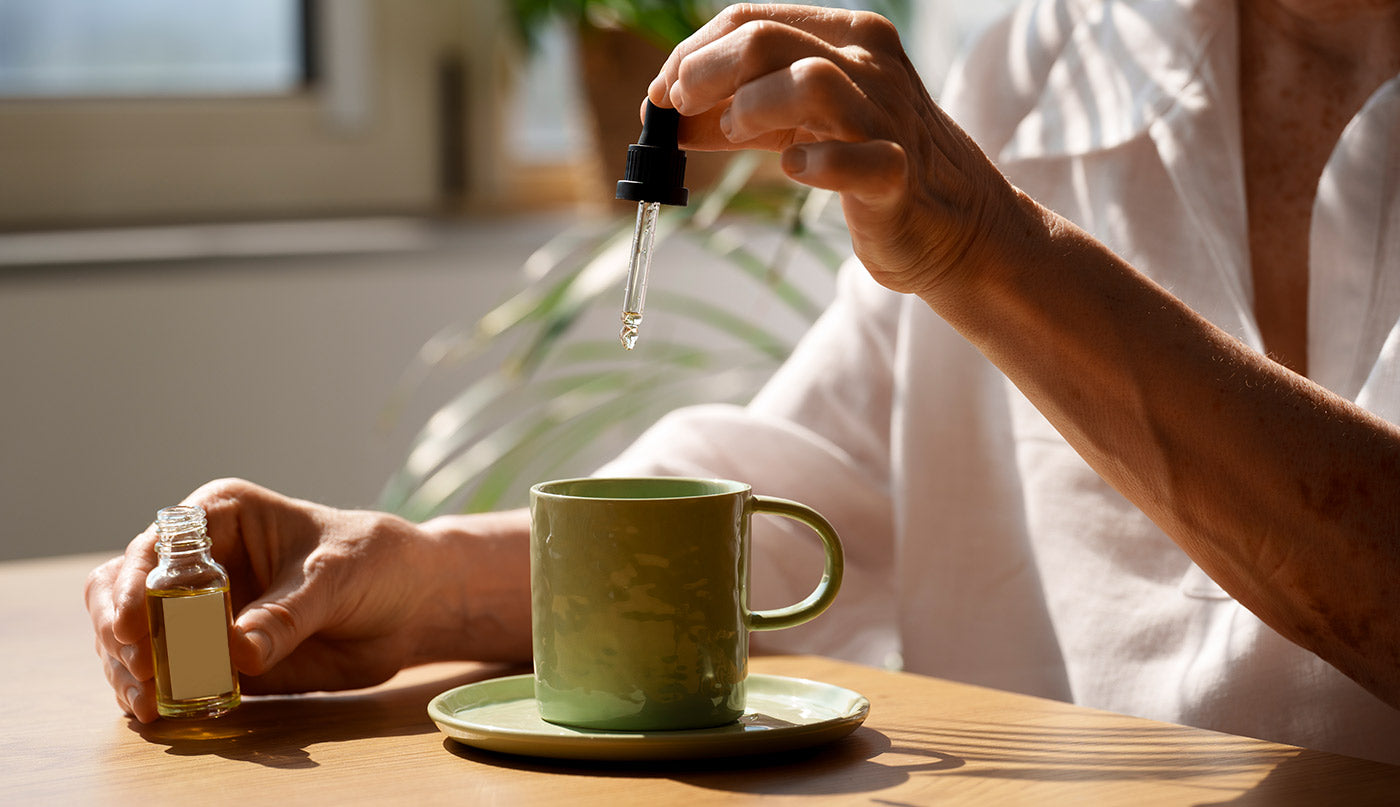
Understanding Multiple Sclerosis
Multiple Sclerosis (MS) is an autoimmune disease in which the immune system mistakenly attacks the protective covering of nerve fibres, known as myelin. This causes inflammation and damage to the myelin sheath and can result in permanent nerve damage.
Multiple Sclerosis can vary greatly from person to person in terms of severity and progression, with some people experiencing only mild symptoms and others facing more debilitating challenges.
There are different types of Multiple Sclerosis, including:
- Relapsing-Remitting MS (RRMS): The most common type, characterised by periods of new or worsening symptoms (relapses) followed by periods of partial or complete recovery (remission).
- Primary Progressive MS (PPMS): Characterised by steadily worsening symptoms without clear relapses or remissions.
- Secondary Progressive MS (SPMS): A stage that may develop after an initial period of RRMS, with symptoms steadily worsening over time.
Symptoms of Multiple Sclerosis
Multiple sclerosis symptoms vary widely depending on the location and extent of nerve damage in the central nervous system. Common symptoms include:
- Fatigue: One of the most common symptoms, causing persistent tiredness that can interfere with daily activities.
- Muscle Weakness: Weakness in the limbs, often accompanied by numbness or a "heavy" sensation, making movement difficult.
- Numbness or Tingling: Often felt in the face, body, arms, or legs, creating a "pins and needles" sensation.
- Balance and Coordination Problems: Difficulty maintaining balance, dizziness, and a lack of coordination, increasing the risk of falls.
- Spasticity and Muscle Spasms: Muscle stiffness, cramps, or spasms, often affecting the legs, causing discomfort and restricted movement.
- Vision Problems: Blurred vision, double vision, or pain with eye movement due to optic neuritis.
- Cognitive Changes: Memory issues, difficulty concentrating, and slower information processing, sometimes referred to as "brain fog."
- Bladder and Bowel Dysfunction: Urinary urgency, incontinence, and constipation are common, affecting daily comfort.
- Pain: Chronic pain or sensations of burning, aching, or stabbing pain, often in the arms, legs, or back.
- Mood Changes: Depression, anxiety, or mood swings, which can stem from MS itself or as a reaction to managing a chronic condition.
Symptoms can vary in intensity and may come and go, particularly in the relapsing-remitting form of MS, where periods of symptom flares are followed by partial or complete remissions.
Why Consider Natural Medicine for MS?
Natural medicine offers a complementary approach to conventional treatments for MS by focusing on reducing inflammation, improving energy, supporting nervous system health, and managing symptoms like pain and fatigue. While these treatments are not a substitute for conventional medications, they can enhance symptom management, improve quality of life, and support the body’s overall health.
Benefits of Natural Medicine for MS:
- Symptom Relief: Herbal treatments and supplements can alleviate common symptoms such as pain, fatigue, and muscle spasms.
- Anti-Inflammatory Effects: Many natural treatments reduce inflammation, which is a core aspect of MS.
- Overall Health Support: Holistic therapies address both physical and emotional aspects of MS, promoting improved quality of life.
Key Natural Medicines for Multiple Sclerosis
Here are some natural medicines commonly used to support people with MS:
1. Anti-Inflammatory Herbal Remedies
Certain herbs with anti-inflammatory and neuroprotective properties may be beneficial for people with MS:
- Turmeric (Curcumin): Curcumin, the active compound in turmeric, has strong anti-inflammatory properties and may help reduce inflammation in the nervous system. Some studies have shown curcumin may support nerve health and reduce MS symptoms when taken regularly.
- Ginger: Ginger is another natural anti-inflammatory that can help alleviate pain and reduce inflammation. It may also help combat nausea, which is common in people taking medications for MS.
- Ginkgo Biloba: Known for its potential to improve cognitive function and reduce fatigue, ginkgo biloba may benefit people with MS by improving blood flow and protecting nerve cells from damage.
2. Omega-3 Fatty Acids
Omega-3 fatty acids, found in fish oil, flaxseeds, and chia seeds, are essential for brain health and have anti-inflammatory effects. Some research suggests that omega-3 supplementation may help improve cognitive function and reduce MS-related inflammation, though results can vary. Omega-3s also support cardiovascular health, which is beneficial for overall well-being.
3. Vitamin D
Vitamin D is crucial for immune function and has shown potential benefits for people with MS. Low vitamin D levels are common in people with MS, and studies suggest that maintaining optimal levels may help reduce the frequency of relapses and slow disease progression. Sunlight is a natural source of vitamin D, but supplements are often recommended, especially for those with low levels.
4. Magnesium
Magnesium is essential for muscle and nerve function and can help alleviate muscle cramps, spasms, and pain associated with MS. Magnesium can be found in leafy green vegetables, nuts, and seeds, but it may also be taken as a supplement if levels are low. Magnesium supplements may help relax muscles and improve sleep quality, which can be particularly beneficial for MS patients.
5. Alternative Medicine
Alternative medicine has gained attention for its potential to alleviate pain, reduce muscle spasms, and improve sleep. Alternative medicine may help people with MS by interacting with the body’s endocannabinoid system, which plays a role in regulating pain, mood, and inflammation.
Holistic Treatments for MS Symptoms
In addition to natural medicines, holistic therapies can help address the physical, mental, and emotional aspects of living with MS. These treatments are designed to support overall health and manage symptoms effectively.
1. Physical Activity and Movement Therapy
Regular, low-impact exercise can improve strength, flexibility, and balance, all of which are beneficial for MS patients. Exercise can also reduce fatigue, improve mood, and enhance overall quality of life.
- Yoga and Tai Chi: These gentle forms of exercise promote flexibility, relaxation, and mind-body connection, which can help with muscle stiffness, spasticity, and stress management.
- Swimming: Swimming and aquatic therapy are low-impact and supportive for those with limited mobility or joint pain, providing gentle resistance without straining muscles or joints.
- Strength Training: Light strength training can improve muscle tone and endurance, which can help reduce fatigue and support mobility.
2. Stress Reduction Techniques
Stress is known to exacerbate MS symptoms, making stress management an essential part of any holistic approach to MS care.
- Mindfulness Meditation: Mindfulness helps individuals focus on the present moment and reduce stress. Studies have shown that regular meditation practice can improve mood, decrease pain, and help manage chronic fatigue in MS patients.
- Guided Imagery and Visualisation: Guided imagery can help reduce stress and anxiety by promoting relaxation and a sense of calm. It involves using mental visualisation techniques to imagine peaceful, healing scenarios, which can support emotional well-being.
- Deep Breathing Exercises: Breathing exercises help activate the body’s relaxation response, reducing stress and potentially alleviating MS symptoms like pain and muscle tension.
3. Acupuncture
Acupuncture is a traditional Chinese medicine practice that involves inserting fine needles into specific points on the body to promote healing and relieve pain. Some research suggests acupuncture may reduce MS symptoms such as pain, fatigue, and spasticity by stimulating the nervous system and releasing natural pain-relieving chemicals in the body.
4. Diet and Nutrition
A well-balanced diet can support immune health, reduce inflammation, and provide the energy needed to manage MS symptoms.
- Anti-Inflammatory Diet: Incorporate anti-inflammatory foods like leafy greens, berries, nuts, seeds, and fatty fish to help reduce inflammation and support nerve health.
- Gluten-Free Diet: Some people with MS report improvements in symptoms when following a gluten-free diet, though research is limited. Gluten sensitivity may exacerbate inflammation in certain individuals.
- Avoiding Processed Foods and Sugars: Processed foods and sugars can increase inflammation and lead to fluctuations in energy levels. Reducing these foods may improve overall health and potentially reduce MS-related inflammation.
5. Massage Therapy
Massage therapy can relieve muscle tension, improve circulation, and promote relaxation. Gentle massage can be particularly beneficial for MS patients experiencing muscle stiffness, spasms, or pain. Some therapists use aromatic oils like lavender or chamomile, which enhance relaxation and provide additional comfort.
Self-Care Tips for Managing MS Naturally
Incorporating these self-care practices can support natural treatments and improve quality of life for those with MS:
- Prioritise Rest: Fatigue is a common symptom of MS, so allowing for adequate rest and pacing activities throughout the day can help conserve energy.
- Stay Hydrated: Drinking enough water is essential for overall health and can support cognitive function and physical well-being.
- Connect with Support Networks: Living with MS can be challenging, but connecting with others who understand the condition can provide emotional support and valuable insights.
Summary
Natural medicine offers a valuable complement to conventional treatments for multiple sclerosis, helping to relieve symptoms, reduce inflammation, and improve quality of life. From anti-inflammatory herbs and supplements to mindfulness practices and exercise, there are numerous natural options for managing MS holistically.
We provide personalised treatment plans that integrate both medical and natural therapies to meet each patient’s unique needs. It is essential to consult healthcare professionals before beginning any new treatments, including supplements or holistic therapies, to ensure they’re safe and effective for your condition.
With the right combination of therapies, MS patients can experience improved symptom management and enhanced well-being.

